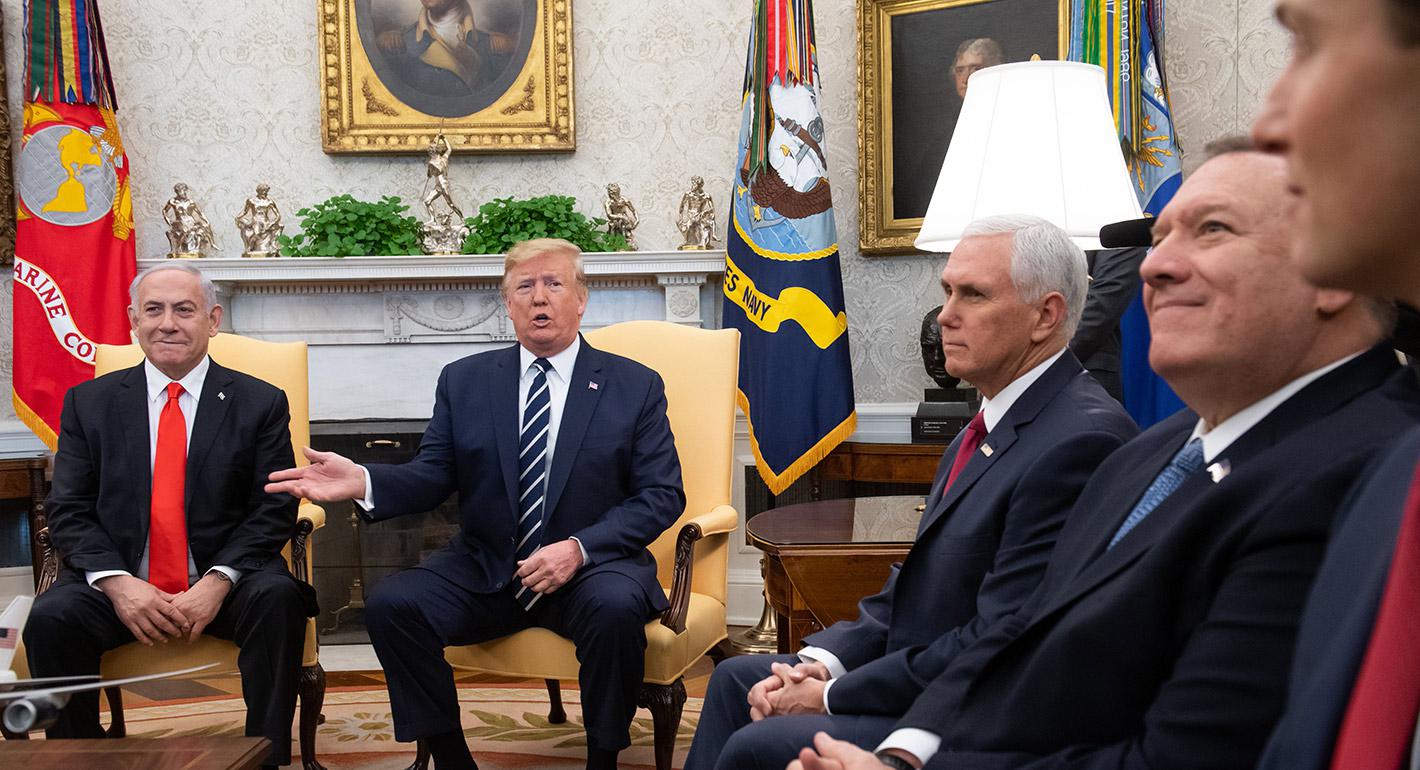Source: Palestine Strategy Group
The history of US mediation between Palestinians and Israelis is one in which Palestinians have had to first negotiate their agency, representation and peoplehood. When political recognition finally came from Israel and the US, opening the door to peace talks, it was at a considerable cost to the Palestinian national cause. The US has used its influence as lone peace broker and superpower to alter the terms of reference for an agreement while providing political cover for Israel’s expansionist tendencies. In US policy parlance, settlements went from “illegal” under Carter to being on the cusp of official US recognition as Israeli sovereign territory today under Trump. The removal of the refugee issue from the negotiating table did not begin with Trump; it began with Clinton.
Both political parties in the US, whether in control of the White House or Congress, have consistently worked to constrain Palestinians in their ability to operate in the US, to advocate for their rights in international fora, and to receive economic support while negotiating for an end to occupation. The US has done this both acting alone and through its participation in the multilateral mechanism, the Middle East Quartet. Though support for Israeli policies are on the wane among the base of the Democratic Party, the political polarization within the US on Israel/Palestine means that there will not be a significant change in US policy in the near term....
This policy paper was originally published by the Palestine Strategy Group.





